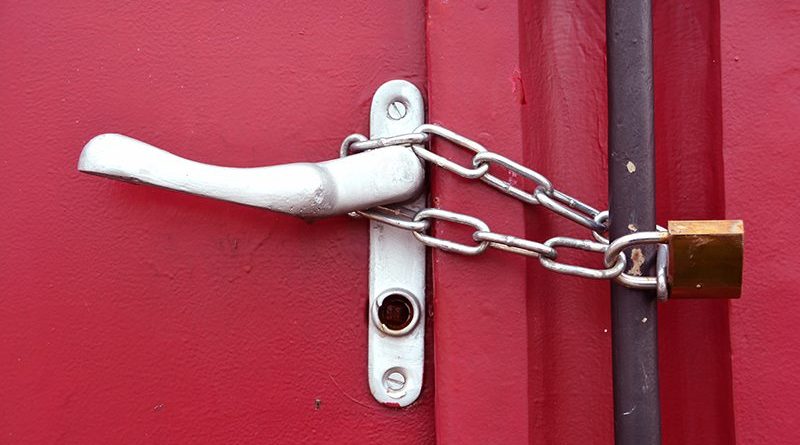The point of portable possessions insurance
Portable possessions insurance isn’t the most creatively named product on the market. But it’s certainly accurate in that it is insurance for your possessions that are portable. Like your smartphone, your guitar, your laptop, handbag, and even your high-end lipstick that cost a couple of hundred bucks. We’re not kidding. Lipstick is a type of portable possession that you can insure. And we know a few people that would be happy to know that if their bags get nabbed, their lipsticks are insured.
The point of this insurance policy is to make sure that you don’t have to pay out of your own pocket for an incident that damages or results in the loss of your valuable items that generally travel out and about with you. Or to put it another way, it ensures that you don’t have to replace or repair these kinds of items with your own money.
To make sure that you receive maximum value out of this type of cover, you need to do a little research before you purchase it. No time for research? We’ve got you covered!
Here are a few things you need to know about getting an affordable cover that actually does what you want it to do.
Specified or unspecified cover
Portable possessions insurance has 2 types of cover. The first is for ‘unspecified’ items, which covers a variety of different items under a single amount, with an individual limit per item. Let’s say that your items are collectively covered for R5,000, with a maximum limit of around R750 per item. If your sunglasses are worth R500 and are nicked while you’re paying for groceries, then you can claim and either be reimbursed or have them replaced for you.
Unspecified items:
- Cheap phones.
- Handbags (unless designer).
- USB sticks.
- Clothes.
- More affordable prams and car seats.
- Earphones or headphones.
- Wallet (but not the money inside it).
- Costume jewellery.
Let’s get specific. If you have portable items worth more than this individual value (more than R750), like your laptop, then you need to specify it. Laptops can cost around R25,000 nowadays, but even if yours is R7,000 or R12,000 you’ll need to list it separately on your policy and pay a separate monthly premium. You won’t get a separate bill or anything, because it’ll all be charged together with your portable possessions premium, but it’ll be listed separately on your schedule, with its own fee.
Specified items:
- Laptops and tablets.
- Expensive smartphones.
- Designer watches and sunglasses.
- Cameras and photography equipment.
You don’t have to get specified cover if you don’t want to. But if you don’t, and an expensive item like your laptop is damaged or stolen, then you won’t be covered. Which will feel like salt in the wound, because you might have thought everything was insured and then when the claim is rejected, you’ll feel like it was all money down the drain?
Adding it to your existing cover
Generally, portable possessions insurance is inexpensive. Even so, we suggest you do your homework before you just accept the first quote you get.
It’s also worth mentioning that you shouldn’t forget about your current short term insurer. You never know what kind of discount you could be offered for sticking with the same company for all your insurance needs. Some insurers only offer discounts when you combine your car and home insurance, some don’t offer anything. But it’s good to check.
Finding R1 insurance for some items
We’ve recently stumbled on R1 insurance for some pricy portable possessions. There’s no catch. It literally costs a Rand. King Price launched this product a few years ago so that clients can add cover for an expensive item to their comprehensive car insurance policy for just R1 extra a month.
It’s not an extensive range that you get to choose from, but we will say that the items are common and usually expensive to repair or replace. Like your bicycle, hearing aids, Apple watch, and golf clubs.
Remember, your portable possessions are going to be out and about with you. This means that they will be vulnerable to theft and accidents and so this type of cover is completely logical to consider. Take a chance to see how little you could pay by getting a commitment-free




